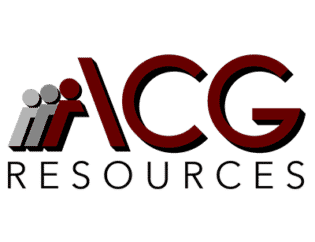Personalized Candidate Experiences
Generative AI is revolutionizing the recruitment process by enabling personalized candidate experiences. Through the analysis of vast amounts of candidate data, AI algorithms can tailor communication, job recommendations, and interview processes to match the unique preferences and qualifications of each candidate. This level of personalization not only enhances the candidate experience but also elevates the employer brand, attracting top talent to the organization.
Data-Driven Decision Making
HR processes are becoming increasingly data-centric, and generative AI plays a pivotal role in enabling data-driven decision making. By analyzing diverse datasets encompassing employee performance, engagement levels, and retention rates, AI algorithms can extract actionable insights for HR professionals. These insights empower decision makers to implement targeted strategies for talent development, succession planning, and creating a conducive work environment.
Augmented Onboarding Experiences
The onboarding process represents a critical phase in the employee lifecycle, and generative AI is reshaping this experience. Through personalized training modules, interactive simulations, and AI-powered mentorship programs, organizations can deliver augmented onboarding experiences that cater to the individual learning styles and career aspirations of new employees. This approach not only accelerates the integration of new hires but also fosters a sense of belonging and purpose from day one.
Predictive Talent Analytics
Generative AI equips HR departments with the capability to deploy predictive talent analytics, thereby anticipating future workforce needs and trends. By leveraging historical data and external market insights, AI models can forecast skill gaps, attrition risks, and emerging talent demands. Armed with this foresight, HR leaders can proactively strategize recruitment, talent acquisition, and skills development initiatives to stay ahead in a dynamic and competitive talent landscape.
Empowering Employee Feedback Mechanisms
Employee feedback is integral to organizational growth, and generative AI facilitates the implementation of advanced feedback mechanisms. Natural language processing algorithms enable sentiment analysis of employee feedback, uncovering nuanced insights into satisfaction levels, concerns, and suggestions. This empowers HR teams to respond effectively to employee sentiments, drive continuous improvement, and foster a culture of open communication and transparency.
In conclusion, the integration of generative AI is propelling HR processes into a new era of efficiency, personalization, and strategic foresight. By harnessing the power of personalized candidate experiences, data-driven decision making, augmented onboarding experiences, predictive talent analytics, and empowered employee feedback mechanisms, organizations can elevate their HR practices to attract, nurture, and retain top talent. As we embrace the potential of generative AI in HR, the future of talent management is poised to be characterized by agility, empathy, and unparalleled human-AI collaboration.







